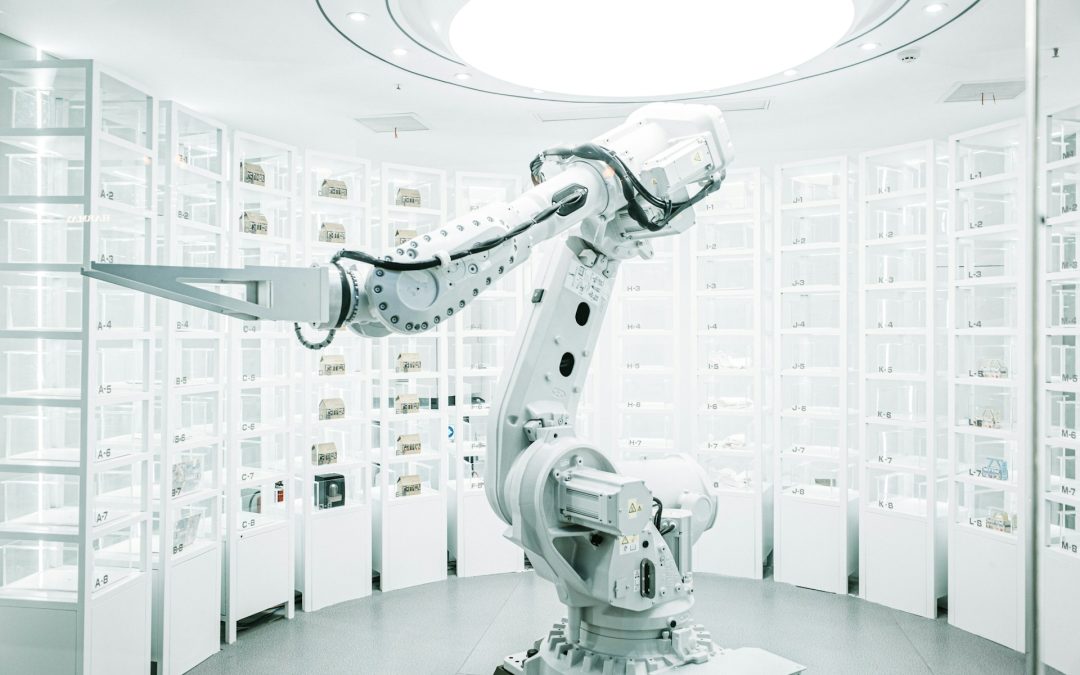Artificial Intelligence (AI) is no longer just a concept found in science fiction; it’s a transformative force reshaping various industries and our daily lives.
As we move into a future increasingly dominated by AI, it’s essential to explore its implications, advancements, and how it will influence our technological landscape.
The Current State of AI
Today, AI technologies are being utilized in various sectors, from healthcare to finance, and even entertainment. For instance, OpenAI has made significant strides in natural language processing with models like GPT-3, enabling more intuitive human-computer interactions. Companies are leveraging AI for data analysis, customer service, and predictive maintenance, leading to increased efficiency and innovation.
Key Areas Where AI is Making an Impact
- Healthcare: AI algorithms analyze medical data, leading to early diagnosis and personalized treatment plans. Tools like IBM’s Watson Health are revolutionizing how healthcare providers deliver care.
- Finance: Machine learning models are enhancing fraud detection and risk assessment. Major banks and financial institutions are adopting AI to streamline operations, improve customer experiences, and reduce costs.
- Transportation: Self-driving technology is advancing rapidly, with companies like Tesla and Waymo leading the charge. AI-powered systems are also optimizing traffic flow in urban areas, promising to reduce congestion and enhance safety.
- Entertainment: AI is transforming content creation and recommendation systems. Streaming services like Netflix and Spotify utilize sophisticated algorithms to provide personalized recommendations, improving user engagement.
The Future: Trends to Watch
As we look ahead, several trends in AI are likely to shape the future of technology:
1. Increased Automation
Automation through AI will continue to grow, affecting jobs and industries. While this raises concerns about job displacement, it also creates opportunities for new roles in AI development and management.
2. Enhanced Human-AI Collaboration
The future will see greater collaboration between humans and AI systems. AI can augment human capabilities, leading to improved decision-making in areas like business strategy and creative endeavors.
3. Ethical Considerations
As AI becomes more integrated into our lives, ethical considerations regarding data privacy, bias, and accountability will become paramount. Organizations must prioritize responsible AI development, as highlighted by discussions on platforms like MIT Technology Review.
4. Democratization of AI
Tools that make AI accessible to non-experts are on the rise. Platforms such as Google AI are making it easier for individuals and small businesses to leverage AI technologies without needing extensive expertise.
Conclusion
AI is set to revolutionize the technological landscape in ways we are just beginning to understand. As we navigate this exciting yet challenging future, it’s crucial for individuals, businesses, and policymakers to collaborate and ensure that the integration of AI benefits society as a whole.
For more insights into the rapidly evolving world of AI, check out resources from TechCrunch and Wired to stay informed on the latest developments.
By understanding the potential of AI and actively participating in its development, we can shape a future where technology serves as a powerful ally in our quest for progress. Stay tuned to Humtronics for more articles on technology and innovation!

